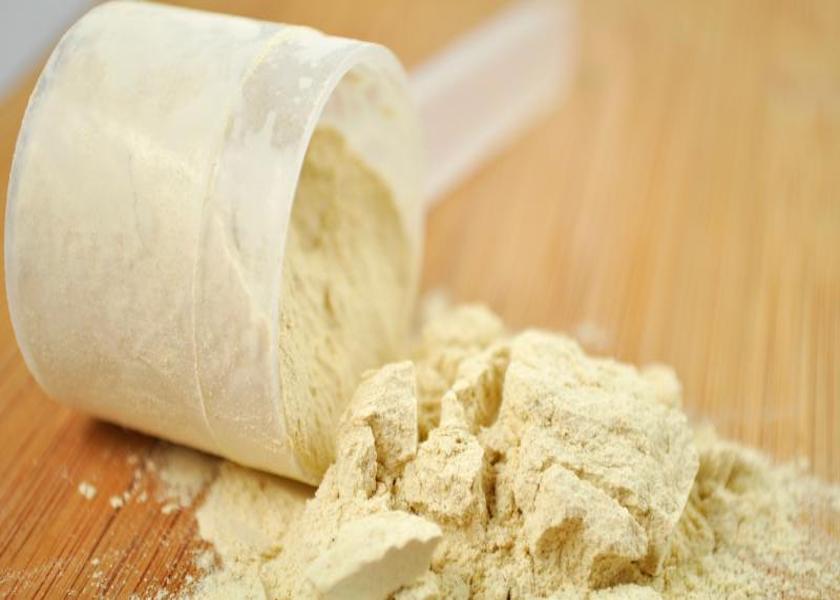Milk Powder Prices Sink

Milk powder prices are on the decline. At the most recent Global Dairy Trade (GDT) auction, both whole milk powder (WMP) and skim milk powder (SMP) prices plunged. Sarina Sharp, analyst with the Daily Dairy Report, said anxiety about a slowdown in demand from China has been weighing heavily on global milk powder prices.
On August 15, the GDT Index dropped 7.4% to its lowest level since April 2020, a month when pandemic fears were near their peak and world dairy markets were spooked, Sharp said. At the Mid-August auction, WMP prices were especially weak, with the average GDT WMP price sliding 10.9% to a seven-year low. GDT SMP prices also sank, just not as far, dropping 5.2% to their lowest value since January 2019.
The world’s second largest economy has been teetering toward deflation. Falling prices tend to follow periods of hyperinflation, when a slowdown in consumer spending creates weak demand that results in deflation.
“Decreased spending power from China, the largest buyer of dairy products in international markets, will keep dairy export demand at bay,” said Betty Berning, analyst with the Daily Dairy Report. “While in the United States, dwindling purchasing power and high interest rates may not cause consumers to cut back on staples like milk and cheese, but they will likely limit high-end food purchases and scale back on dining-out.”
Strong increases in China’s milk production, which have boosted the supply of fresh milk there, also have reduced the need for the country to import milk powders.
“There are signs of faltering overall milk powder consumption in China, and economic stagnation has further clouded the outlook for Chinese dairy demand,” Sharp said.
According to recent news reports, Chinese women could give birth to fewer than 8 million babies this year, a 16% drop from last year’s 9.56 million and 40% fewer than in 2018. Chinese factories have also been producing less, and retail sales in China have slowed dramatically.
China’s appetite for dairy products plays a key role in setting world dairy prices. Already, New Zealand dairy processors have dropped prices to move product, Sharp said. In addition, Fonterra, New Zealand’s largest dairy cooperative, has already cut payments to its suppliers twice as it continues to wrestle with falling demand for WMP from China. If Chinese demand doesn’t start to pick up soon, global prices will struggle to recover from their current slump.







